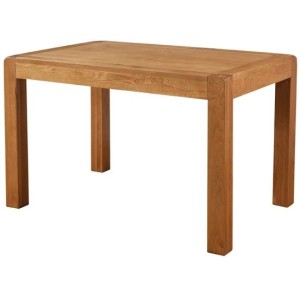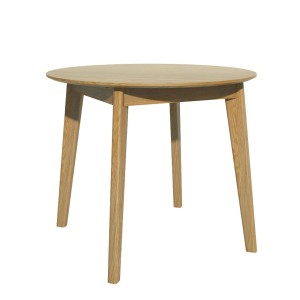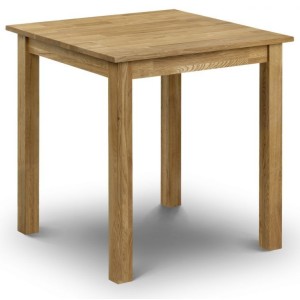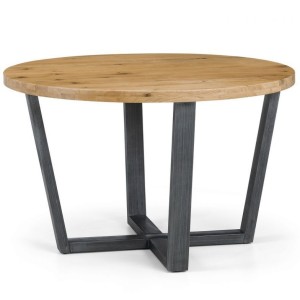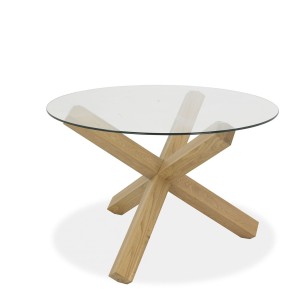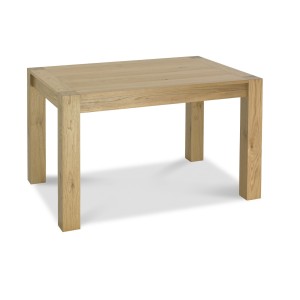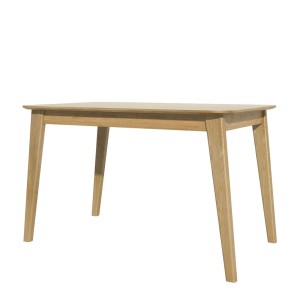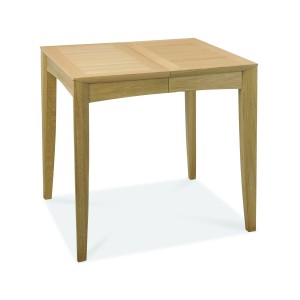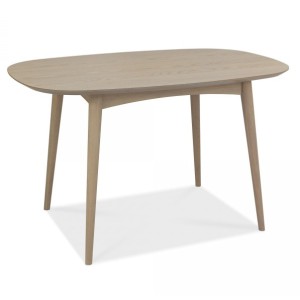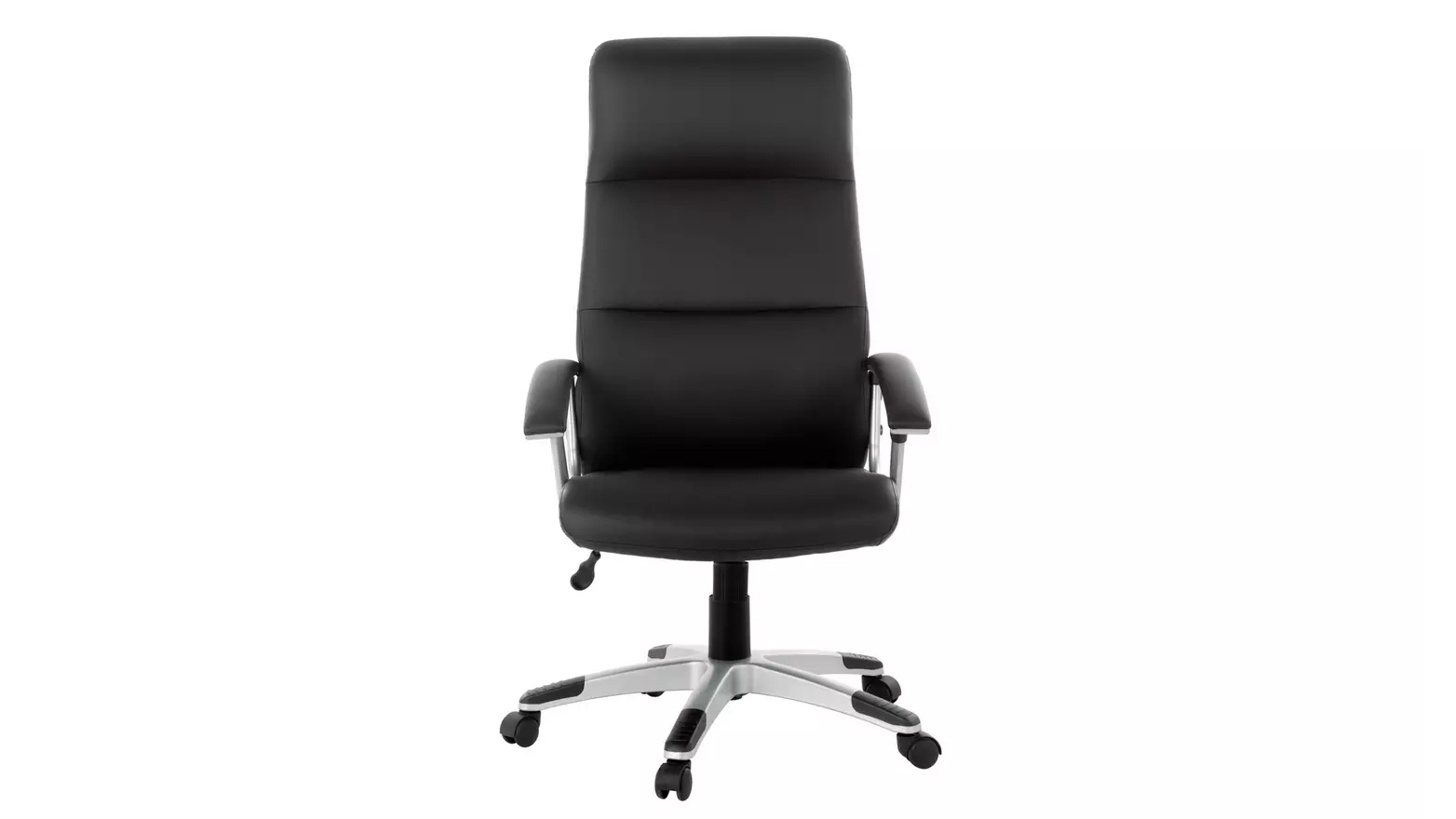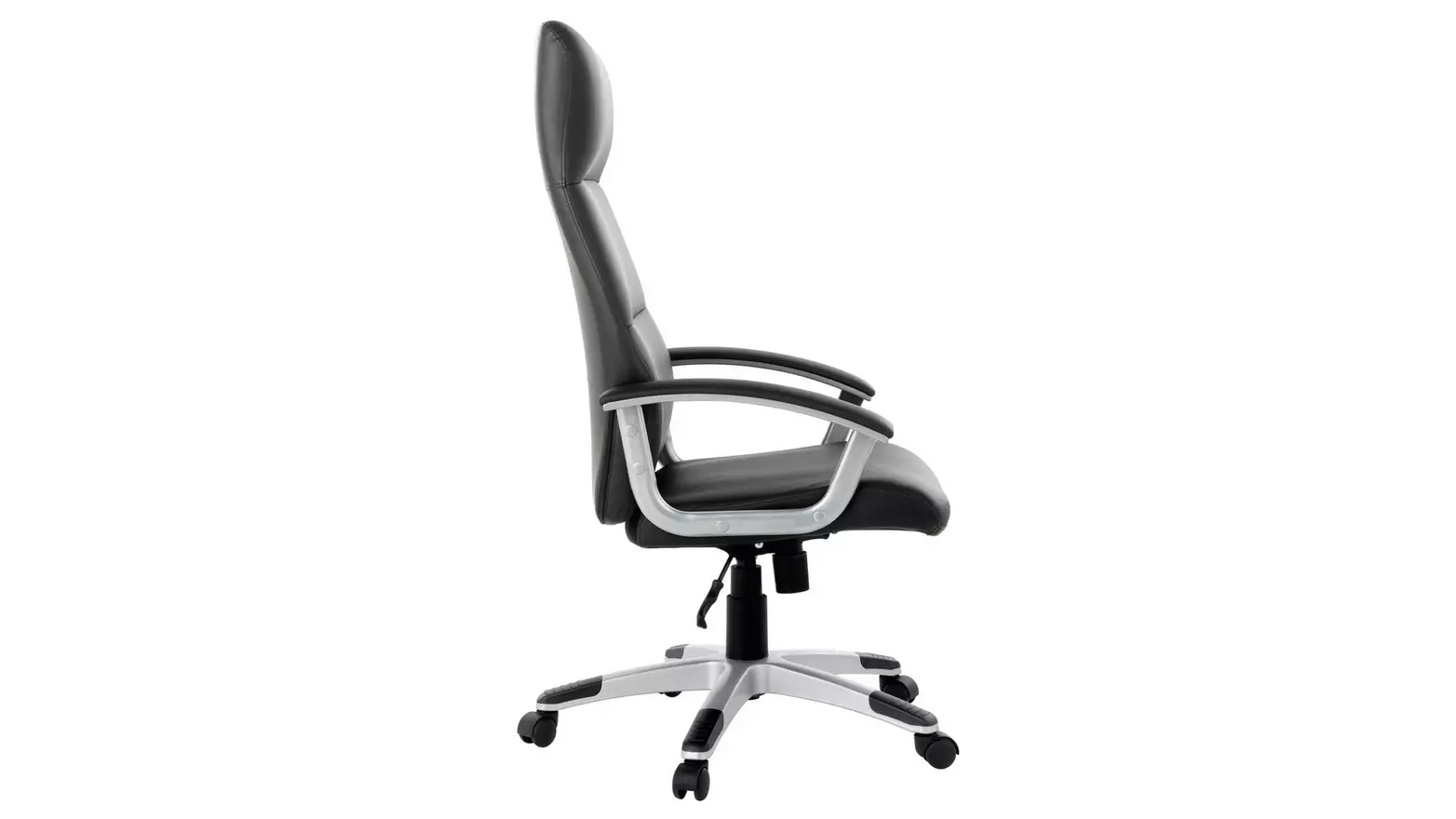Burn Fat Get Lean Diet
So many of us stand in front of the mirror, poking and prodding our bodies, wishing we could get a little leaner here, a little more toned there. Maybe you've tried crash diets, intensive exercise plans, or you've started counting every calorie you eat. That may have helped you get lean in the short term, but did it help you stay lean? No.
Don't blame yourself. Those types of get-fit-quick fixes are very unlikely to work because they are simply unsustainable. Denying yourself all the foods you love and cancelling plans with friends to hit the gym both can have a negative impact on both your mental and emotional health, and at some point you're guaranteed to cave. And while you're munching on that Snickers bar or ordering a drink at the bar, you'll feel guilty about it. It's not worth it.
The trick to getting and staying lean is to give yourself sustainable, achievable eating and exercising habits that you can maintain. The way you eat and exercise to get lean won't be the same as an endurance athlete or a bodybuilder either.
In this article, we're going to lay out the best way to develop healthy eating and exercising habits so you can get lean – and stay that w ay.
What do we mean when we say lean?

It's easy to say you want to get lean – but what does that actually mean?
A lean person has a low percentage of body fat in comparison to their lean mass (muscle and bone). Put simply, a lean person will have more muscle and less body fat, which gives you that "ripped" look.
How to get lean
If you want to get lean, you'll have to work to maintain or increase your muscle mass while reducing your percentage of body fat. Here are our tips on getting lean.
Exercise for getting lean

At KBK, our goal is to a) reduce fat and b) increase muscle. This is going to require a two-pronged exercise plan, including cardio and resistance training (lifting weights).
Resistance training
By lifting weights, you are encouraging your body to build more muscle. As well as getting stronger, this will make your body more metabolically active – meaning you will burn more calories a day, even if you're not exercising.
This is because lifting weights forces your body to expend energy in three ways. One: you use energy lifting the weights. Two: lifting weights means your body will try to (with the right nutrition and training schedule) make more muscle – which requires energy. Three: post-workout, your muscles need to restore and recuperate, which also uses up energy.
However, this will only happen if you push yourself every workout – this could mean a variety of different things for you, like adding reps, adding weight or adding new exercises. The aim is to get strong across multiple rep ranges and multiple muscle groups, and it is possible to build muscle with high rep, low resistance work as well as low rep, high resistance training.
Just as with any training programme, your lifting experience and body type will have a huge impact on how you should approach resistance training, so it's impossible for us to tell you exactly how to train to get lean.
But, by sticking to a good training programme, you'll be getting stronger and burning calories – a great step to getting lean. No matter how easy it is to do, always avoid comparing yourself to others in the gym. Remember that getting fit is a personal journey; what you see as a "heavy" weight might be totally different to somebody else- and that's OK!
Cardio

In our current society of desk-bound jobs and commutes, m ost people are chronically under-active. That's why cardio is such a great way to get fit and shed some pounds – and your body will end up becoming more fuel efficient as a result!
One good tip is to avoid doing cardio before lifting weights – if you tire yourself out too much before weightlifting, you might sacrifice form on your lifts, which can result in your body relying on the wrong muscles and giving you an increased risk of injury.
Instead, do your cardio after your resistance training. A study by the University of Tokyo discovered that cardio after weights burns 27% more fat in the first 15 minutes of the cardio session than if you did cardio before lifting.
Interval training (mixing aerobic with anaerobic cardio ) is the best way to lose body fat fast, as it increases your metabolism, helps you develop lean muscle and requires much less time to burn fat than purely aerobic exercise.
Diet for getting lean

Eating the right food is just as important as doing the right exercise if you're looking to get lean. The most important thing to remember is to eat right, not eat less, to both stimulate fat loss and muscle growth. Cutting down your calories drastically and exercising more will create a calorie deficit – helping you lose weight – but it won't help you build or repair muscle, which is vital when doing resistance training.
To work out what a good diet to get lean is, let's have a quick look at your macronutrient s.
Fibre
Fibre is a type of carbohydrate that your body can't break down into glucose. Foods with soluble fibre (like oats, some fruits, peas and lentils) helps slow down digestion and keeps you feeling fuller for longer. Insoluble fibre (like wholegrain food, nuts and root vegetables) promotes a healthy digestive system.
For example, if you eat 100 grams of high-fibre broccoli, you are much more likely to feel full than if you ate 100 grams of a low-fibre carb such as pasta, even though broccoli has much fewer calories. This will help you get lean faster as you won't feel hungry and you won't overeat.
Protein
Protein is the building block of your muscles; it helps them grow and recover faster. If you don't get enough protein and you have a strict calorie-controlled diet, you may end up losing muscle mass along with body fat.
Protein, like fibre, helps you feel fuller for longer. A study increased protein intake in women from 15% to 30%, and it resulted in overweight women eating 441 fewer calories a day – without intentionally cutting back on their food intake. Get lean fast by increasing your protein intake – you'll eat less without cravings!
Fat
If you're trying to lose fat, why would you want to eat fat? In fact, a small amount of fat is vital to your body's function; fat helps the body create fatty acids and absorb vitamins A, D and E. It's worth checking what kind of fat you're eating though; try and stick to unsaturated fats like olive oil, fish and sunflower seeds.
Structuring your diet
To work out the best way to structure your diet, it's a good idea to start by working out your daily calorie intake against your Resting Metabolic Rate (RMR). Your RMR is how many calories your body requires to sustain you basic functions (breathing, heart rate etc) without any exercise on top. You can use this online RMR calculator which allows you to easily work out your personal RMR which is dependent on your height, weight, age and gender.
For example, if you are a 30-year-old male, 75kg and 180cm, your RMR will be 3,486 calories a day.
If you don't do any regular exercise, multiply your RMR by 1.2 (4,183) or if you are extremely active, by 1.9 (6,623). Choose a number between 1.2 and 1.9 that you think accurately represents your activity level. This number is how many calories you need to ingest to maintain your current weight.
To create a calorie deficit, reduce that final calorie count by 20-30%. This will ensure that you start losing weight – helping you get lean.
This should give you a good understanding of how many calories your body needs, but remember to adapt it if you need to. If you start losing weight fast and struggle to exercise regularly without feeling fatigued, add more calories. If you aren't losing weight at all, then reduce calories. It's all a personal journey – track your food and you'll find out what your ideal diet is.
How to get lean fast

As we've mentioned before, getting lean should be a sustainable process, rather than a quick-fix, so we don't recommend trying anything too drastic to cut the pounds. Instead, here are a couple of tips that will help you optimise your get-lean plan.
Calorie deficit – always ensure you have a calorie deficit; that is, that you burn more calories than you eat. This is the easiest way to ensure weight loss.
Lift heavy – follow a programme that will push you to lift as heavy as possible. You need to work up to this – don't start trying to bench 100kg on day one – but constantly increasing the weight will help build muscle faster.
Focus on body fat, not weight – Weighing yourself is a recipe for frustration. There are so many variables; when did you last eat? Did you just drink a pint of water? It's better to measure body fat if you are trying to get lean as it will give you a more accurate picture of how close you are to your goal.
Eat before you're starving – If you wait until you are ravenous before you decide to eat, then you'll invariably end up overeating. Wait until you are just slightly hungry, and then when you do eat – eat slowly. This will allow your body to work out when it is full, and tell you before you it's too late.
Increase cardio intensity – just like with weights, you want to increase the intensity of your cardio exercise every time. It might not need to be much – increasing your sprint duration by 5 seconds while keeping your recovery time the same, for example – but constantly pushing yourself will force your body to burn fat and calories faster.
Getting lean meal plan
There is a lot to think about when you want to get lean! At KBK, we can take one thing off your mind – your diet! We provide complete meal prep options that can help you reach your fitness and weight goals without having to lift a finger in the kitchen.
Our Get Lean meal plan is perfect for those who are struggling with weight loss – at 1200 calories a day you'll easily be able to maintain a calorie deficit. Don't worry, we've balanced the macros so you won't feel hungry, and also packed each meal full of essential nutrients.
If you're already close to your goal of getting lean and just want to maintain your current weight, then try our Stay Lean meal plan, Enjoy restaurant-quality food without sacrificing that lean body you worked so hard to get!
Our professional chefs and personal trainers have ensured that all our meal prep options include all the necessary nutrients and macros to help keep you feeling full – no more cravings! The lean protein (we also have vegan and vegetarian options) will allow you to build strong, lean muscle without excess calories – what's not to like?
Make your life easier by letting us do the nutrition for you – contact us today if you have any questions. From all of us at KBK, we wish you the best of luck in your journey to get lean – and stay lean!
Source: https://www.kbk.co.uk/guide-to-getting-and-staying-lean/





